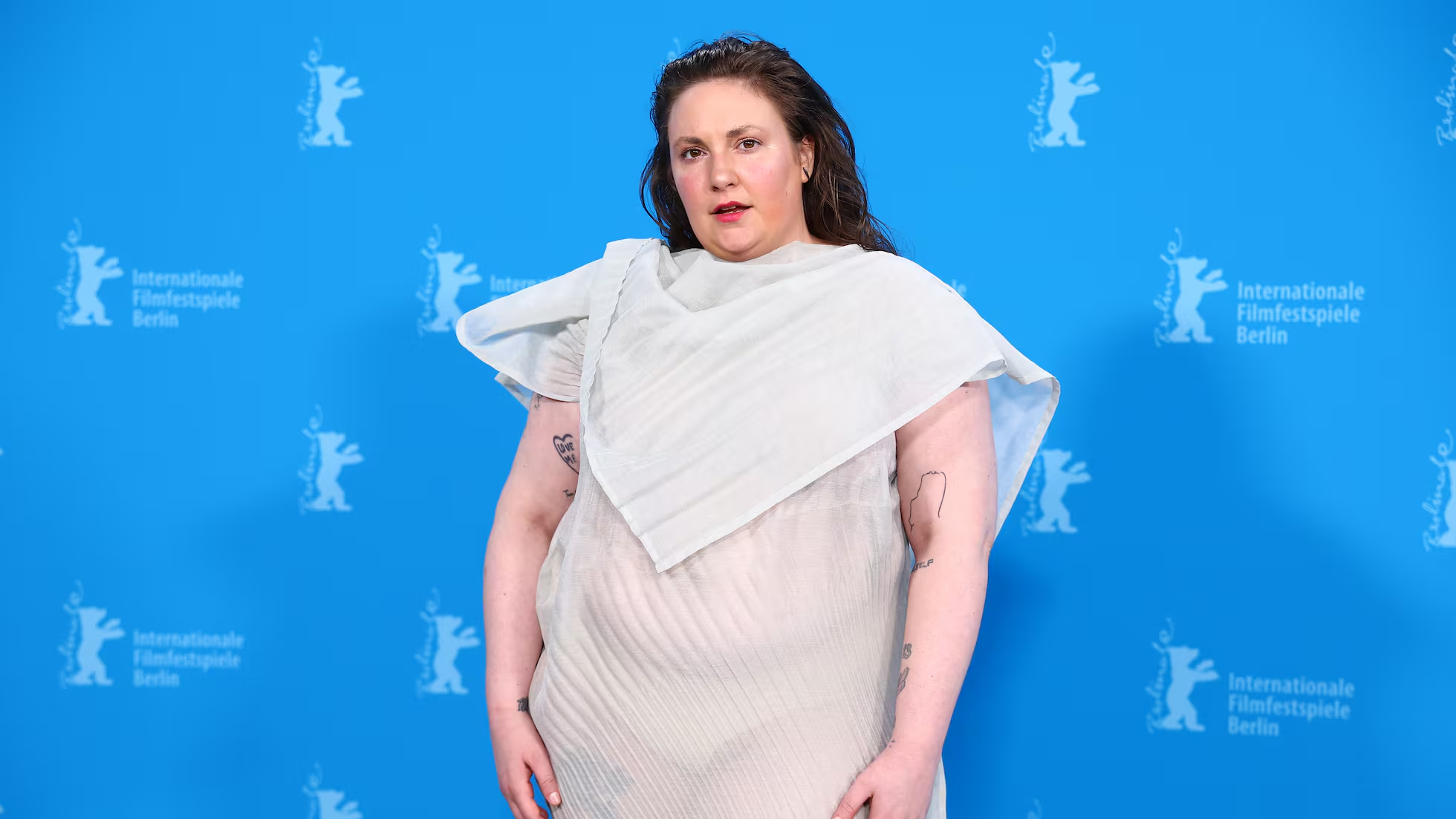Lena Dunham Too Much Netflix Girls revival marks a powerful new chapter in the career of the Emmy-winning writer, director, and actress. After the enormous cultural impact of Girls (HBO, 2012–2017), Dunham makes her bold comeback with Too Much, a semi-autobiographical rom‑com created with her husband, Luis Felber. Streaming from July 10 on Netflix, the series juxtaposes the messy realities of adulthood with the charm of modern romance.
What Makes Too Much a Natural Evolution
When Girls premiered in April 2012, it broke conventions with raw, unfiltered portrayals of millennial girls dealing with ambition, failure, and intimacy in New York City. It earned significant acclaim—Golden Globes, BAFTAs, Peabody Awards—at the same time as sparking debate over illustration and frame politics. Dunham’s impact was immortalized in Variety’s “one hundred Greatest TV Series of All Time” list. Yet, amid its fulfillment, Girls additionally faced criticism—some valid—approximately its commonly white forged and its creator’s public struggles. Dunham has given that she owns this critique, reflecting on diversity shortcomings in Girls and promising extra-inclusive storytelling in her Netflix reinvention.
Lena Dunham Too Much Netflix Girls revival – A TV Return Rooted in Real Life
In a candid Variety feature (July 8), Dunham revealed that Too Much draws heavily from her own life: the relocation from New York to London in 2021, settling into married life with Felber and navigating creative freedom vs. personal scrutiny. Unlike Girls, where Lena Dunham played the lead, here she adopts a supporting role—channeling authenticity while protecting herself from the intense body commentary she once faced. Nearly a decade later, Dunham’s rise feels not like a comeback, but a thoughtful transformation—from New York provocateur to mature storyteller.
A Fresh Cast and a London Setting
One of the biggest differences? Too Much centers on Jessica (Megan Stalter), a neurotically adorable New Yorker who falls for enigmatic British musician Felix (Will Sharpe) after transferring to London. Stalter’s casting has been praised for bringing vulnerability and humor to a nuanced person, breaking far from traditional rom‑com tropes. The cast includes large names—Emily Ratajkowski, Naomi Watts, Andrew Rannells, Rhea Perlman—with star cameos from Andrew Scott, Kit Harington, Jessica Alba, and Rita Ora.
Dunham’s role is a stylistic pivot; she steps out from the spotlight to nurture the narrative and protect against body scrutiny, informed by the harsh sexism she endured during Girls. This behind-the-scenes shift underscores her creative evolution.
Themes of Identity, Self‑Discovery & Reinvention
Too Much explores universal themes through a late‑20s/early‑30s lens: the tension between the fantasy of relocation and its lived reality, the baggage carried into new relationships, and the note that becoming lovable doesn’t mean being resolved. Lena Dunham has explicitly contrasted Too Much with formulaic genre elements, emphasizing its “messy edges” and the realism of baggage, powerfully resonant with audiences fatigued by polished love stories.
Moreover, her willingness to revisit her Girls cast (should there be a compelling reason) signals a readiness to engage with aging, motherhood, and the passage of time—subjects that Girls never fully addressed.
Addressing Criticism & Building Inclusivity
Dunham has been transparent about gendered and racial blind spots in her earlier work. In her recent interviews, she acknowledged Girls’ shortcomings and pledged to do better with Too Much, making deliberate casting and narrative choices to reflect real-life diversity. This level of self-awareness and accountability demonstrates growth, not just personally, but as a cultural figure shaping media.
Body Politics & Protecting Mental Health
One of the most compelling shifts from Girls to Too Much is Dunham’s approach to body visibility and mental well-being. Having faced relentless body-shaming—from size fluctuations to age and health-related changes—she’s stepped back from onscreen vulnerability to preserve her peace. Her pivot shows that confidence and maturity can coexist with creative expression, resonating with fans who followed her a decade ago and are now watching her evolve.
Is a Girls’ Revival Coming?
Yes—but with caveats. Dunham has stated she’d revisit Girls only under specific circumstances: exploring authentic developments in her characters’ lives (motherhood, menopause, aging, existential crossroads). This is a smart stance—it ensures a revival would deepen, not dilute, the original series’ impact.
Lena Dunham’s Too Much Netflix Girls revival is greater than only a buzz-worthy phrase—it symbolizes a significant private and professional metamorphosis. In Too Much, Dunham channels maturity, emotional intelligence, vulnerability, and self-safety right into a nuanced rom‑com that feels both contemporary and timeless. While honoring the landmark that was Girls, she moves ahead, ready to inform new testimonies through a more compassionate and inclusive lens.
Whether it’s binge‑watching Too Much on Netflix or speculating about a future Girls reboot, Dunham’s voice still holds cultural currency—evolved, reflective, and undeniably essential.



